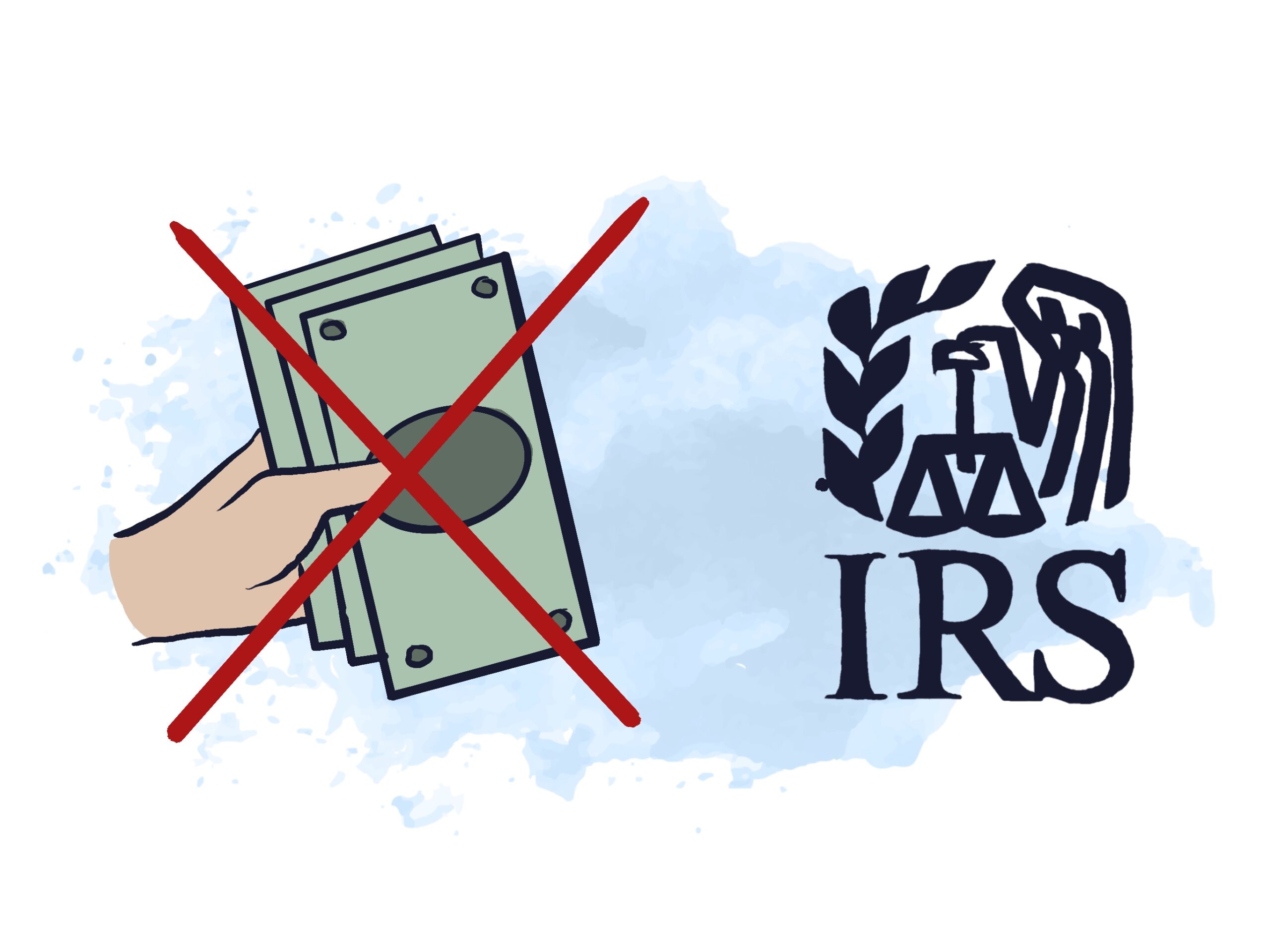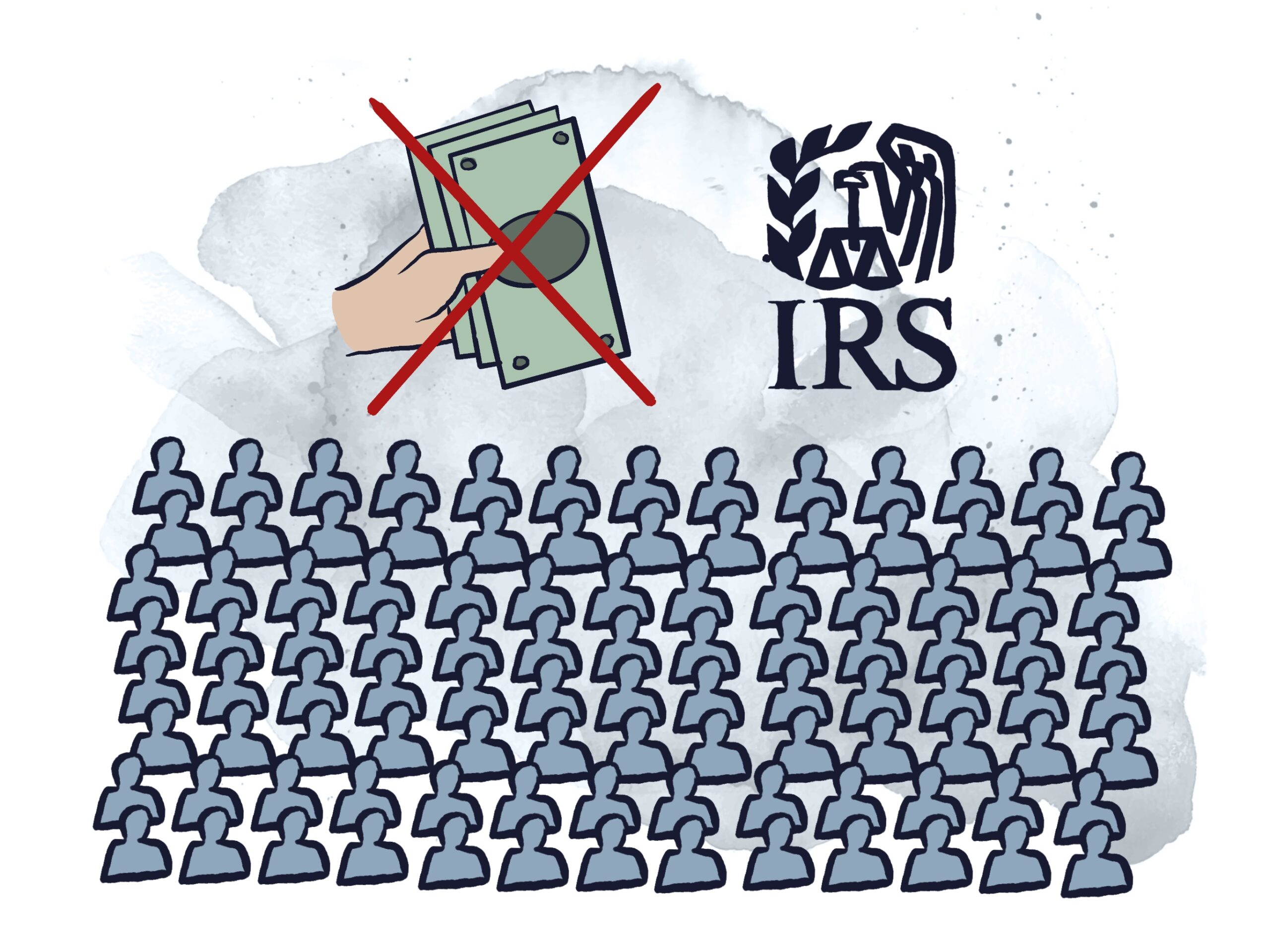Supporting tax resistance makes sense: If Trump is going to use our tax dollars for oppressing our people, then we’ll organize millions to stop paying their taxes. Even as you talk with others about it, you understand it’s risky — and potentially costly with a threat of IRS fines. On the other hand, Trump’s IRS is woefully underfunded and chaotically managed.


So you spend some time learning from groups like the War Resisters League and others who have done tax resistance as an act of conscience. You hear stories from people like Robin Harper, who documented every penny that he would have owed the IRS — but, as a lifelong Quaker and pacifist — refused to send his money to support war efforts. He never paid a penny or a fine since 1958. When the IRS knocked on his door, he welcomed them in and showed them his meticulous records of redirecting his money to good causes. Tax resistance may be purely symbolic — for example, reducing payment by $1 in protest. Or it might mean refusing to pay all taxes and instead donating that money to support positive causes like Robin did.
A campaign is launched that integrates all options. It starts with a simple promise, “If we get 10,000 people to join, we’ll start meaningful tax resistance.” Fueled by the awful moves of Trump, you get 10,000 signatories by the second week of the campaign. From there, it blossoms into nearly 100,000 people promising to withhold taxes. Some have already stopped paying estimated taxes.

